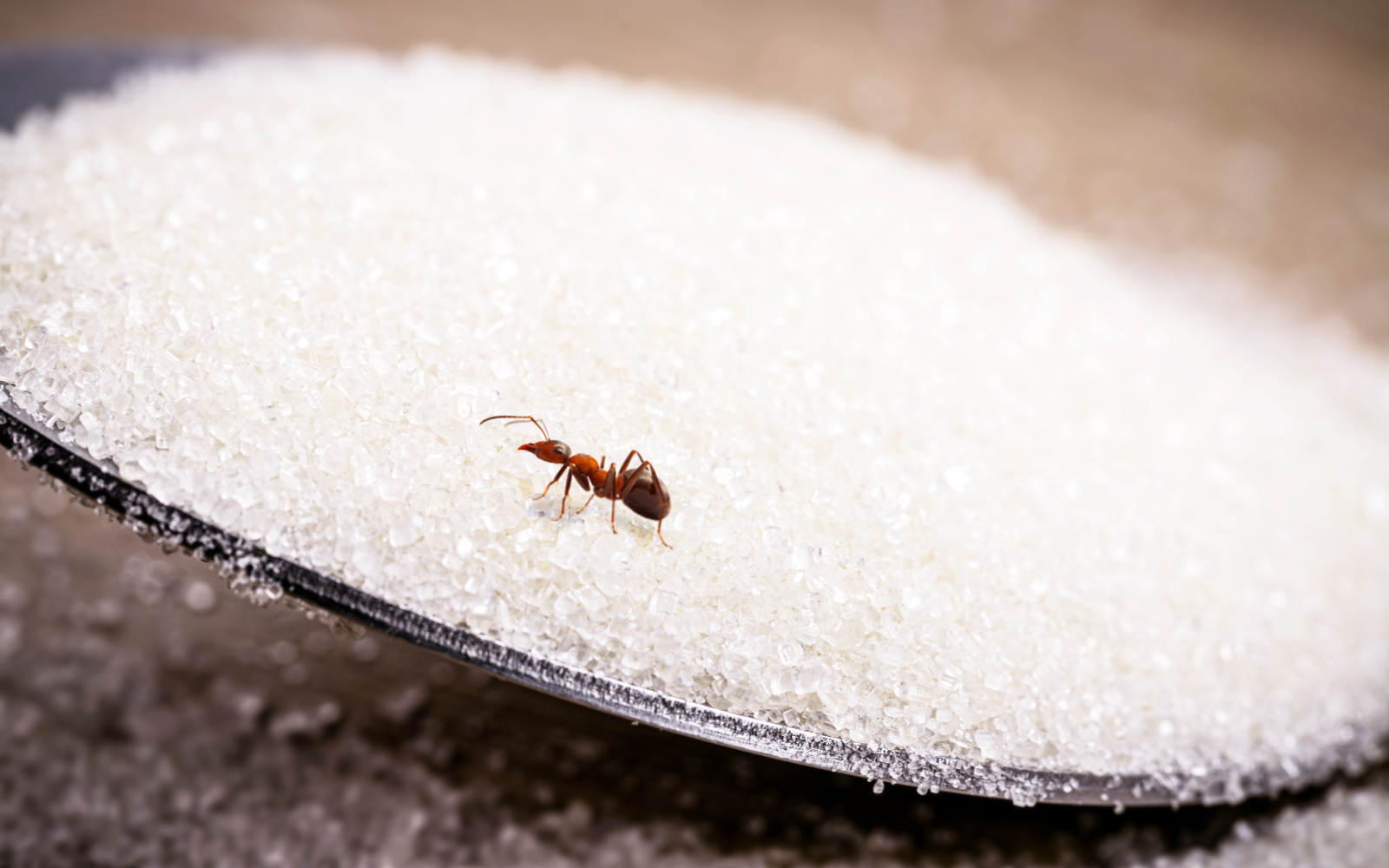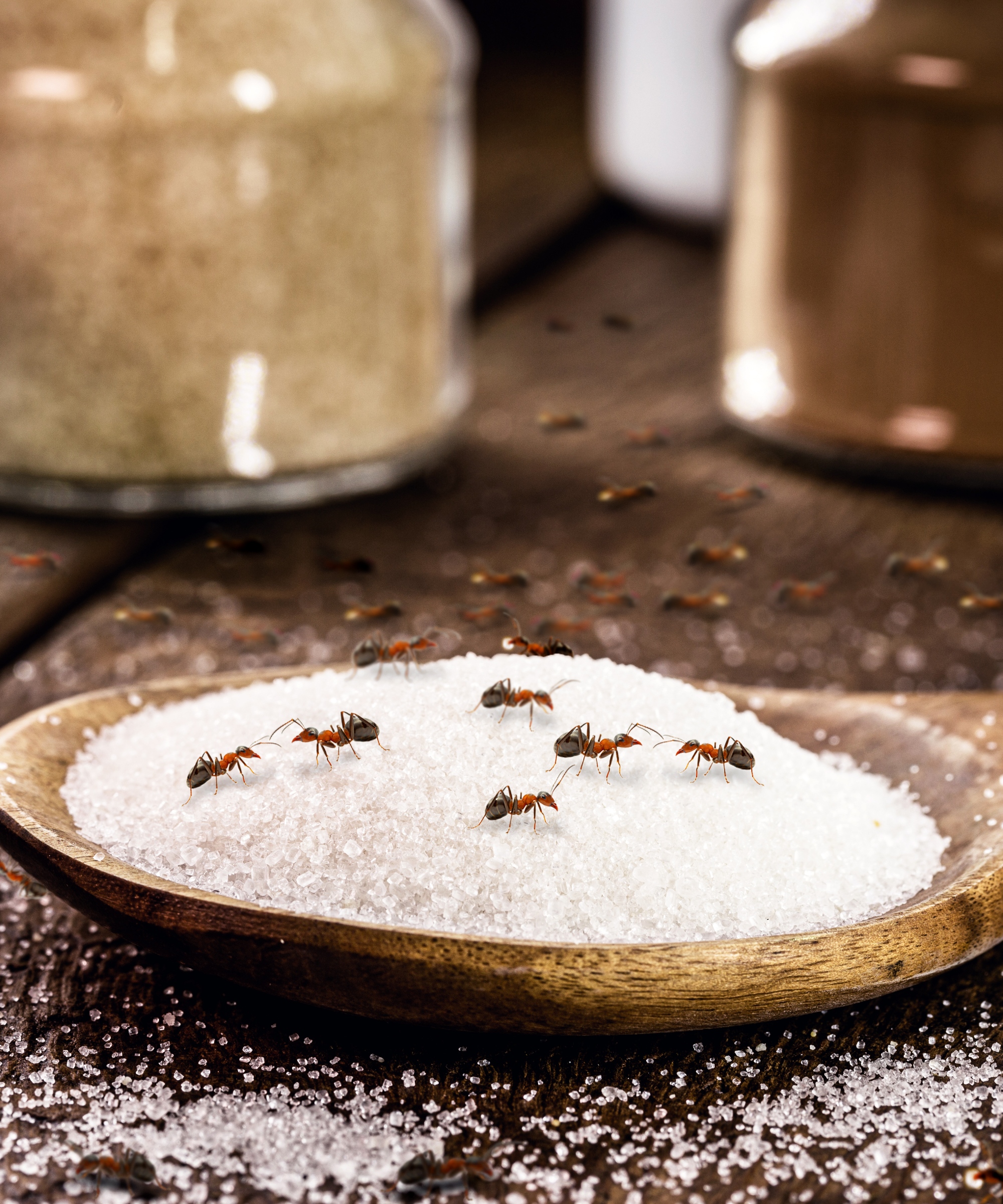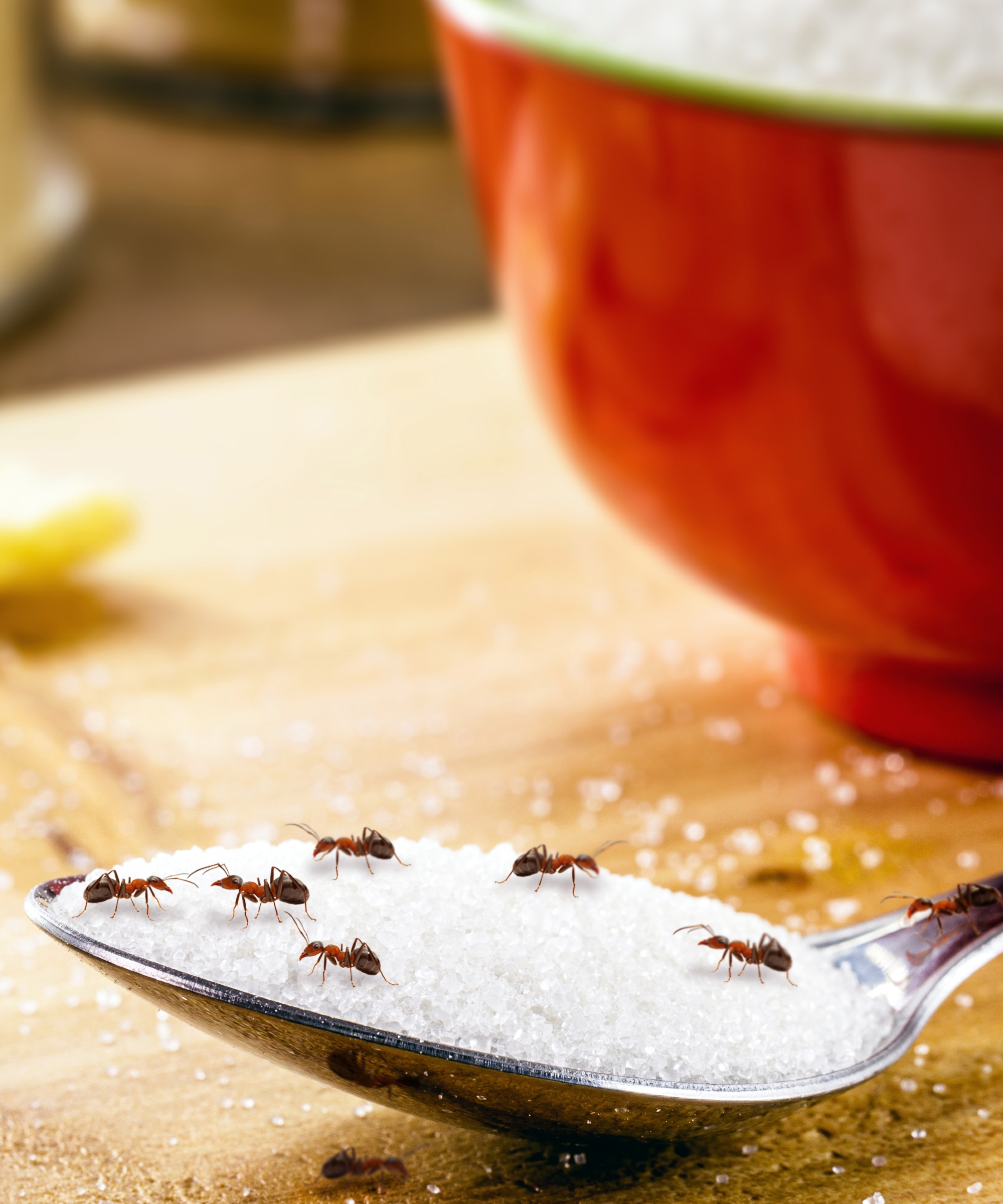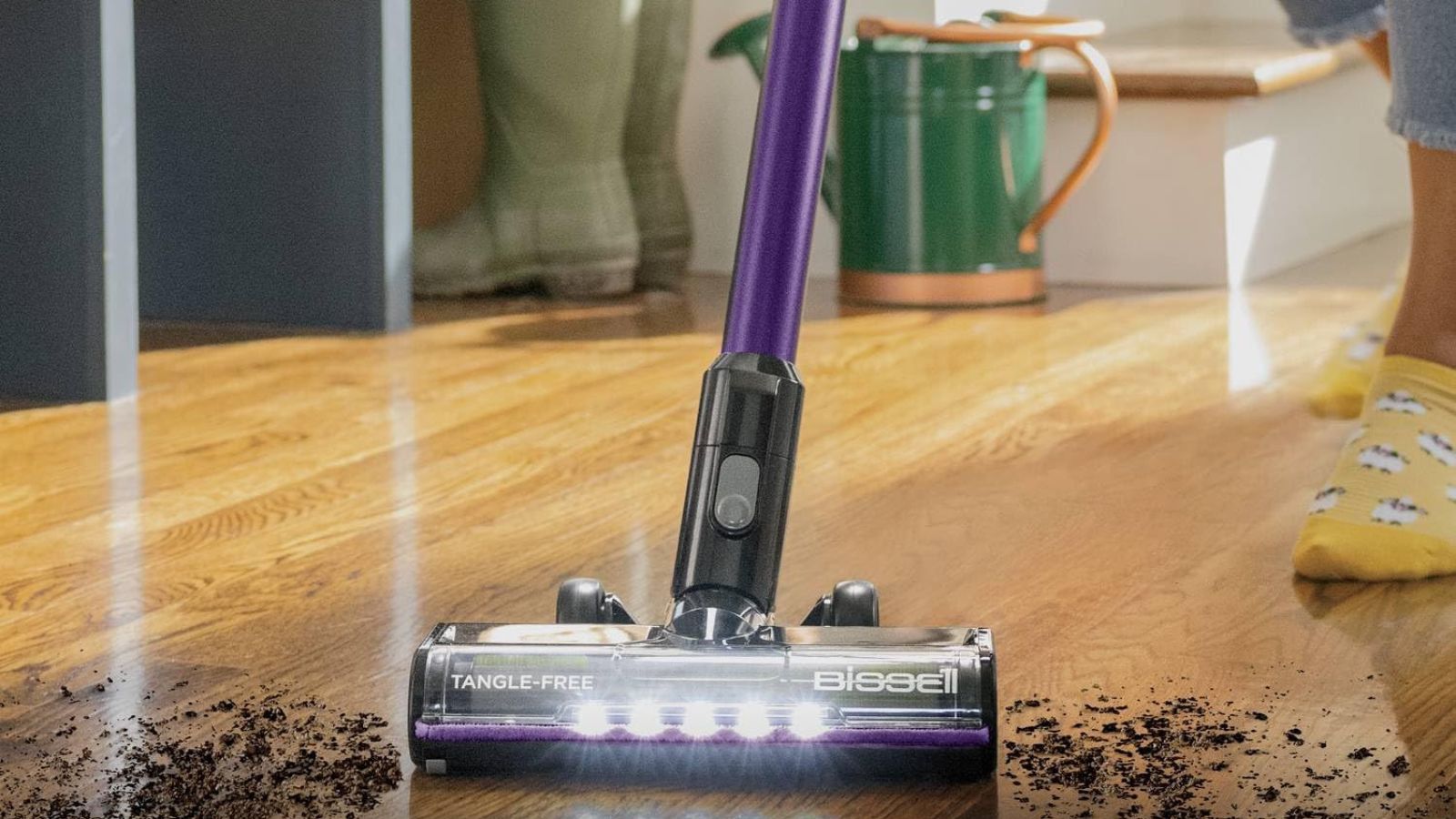How to get rid of sugar ants – a simple step-by-step to eliminate the pest quickly
The professional response to the common pest is simple – and the results are fast


Knowing how to get rid of sugar ants is an undeniably tedious process – which many homeowners may hope to avoid. However, if you've had a sighting of this sweet-loving pest, there is no reason to panic. While the creature is annoying and certainly uninvited, it does not tend to sting or bite.
Plus, if you've sited one sugar ant, there is a high chance that you will see a multitude around your home – as they are known to travel in large numbers – especially after rainfall. The ant native to Australia (also known as the banded sugar ant) is also odorous, meaning it may leave an unwanted aroma around your home.
If you've read up on how to get rid of ants before, you're in a good position to regain control over your home quickly. But it's important to note that each species vary slightly. So if you know how to kill carpenter ants or pavement ants in your garden, it's important to take note, as these tips may differ.
How to get rid of sugar ants – quick responses to the annoying pest

While sugar ants are a nuisance, they are easy to remove from your home. Here's how the professionals respond to an infestation.
1. Remove food sources
If your research 'why do ants come into the house' you will quickly find that they are primarily attracted to food sources. And sugar ants are certainly no expectation. This is why Megan Wede, a co-owner at Done Right Pest Solutions, recommends eliminating their food as your first job.
'This means storing all leftover food, goodies, baking goods including sugar and honey, in an airtight container the ants can't get through,' she says.
Entomologist and National Training Manager Scott Svenheim from Truly Nolen of America similarly suggests removing all sources of sugar, or sweet foodstuffs (especially honey, sugary treats, and fruit), which are the main staple in their diet.
'Keep all food tightly sealed in airtight containers, and be sure to thoroughly clean surfaces after meals; good housekeeping is your friend when dealing with ants,' Scott says. He also recommends using household cleaners to wipe down areas where they are trailing can help deter them.
2. Seal openings to your exterior
If you suspect the sugar ants are coming from outside, you should keep doors and windows tightly sealed; and ensure cracks are sealed securely. 'Vegetation and [garden landscaping ideas] should be trimmed away from touching the house (this just gives the ants outside direct passageways to get into the home),' Scott adds.
3. Add natural repellents
After removing their sources and entry points, you should place natural repellents such as salt, pepper, chalk powder, or peppermint oil around ant-infested areas. Using peppermint oil to get rid of mice and other forms of ants such as getting rid of flying ants and killing red ants is similarly effective, so it's worth investing in bulk if you have a problem with pests. What's more, peppermint scents can be used to keep crickets out of the home to prevent pest problems before they can take hold.
'Remember that if you simply repel the ants, you aren't getting rid of them at their source. And keep in mind that if you wait to bait the ants, you shouldn't use repellents either, or they won't be attracted to the bait,' Megan says.

How to find a sugar ants nest
You are most likely to find an ants nest outside, where they are still attracted to sugar. Therefore, a thorough inspection of your yard and around your home will help you identify ant activity. 'If the nests happen to be located inside, they could be found anywhere, but generally, they would be in a wall void, ceiling, or crawlspace,' Scott says.
Megan adds that ant nests are also commonly found in wall voids, under cement slabs, and in the ground, where it is hard to find the nest. Therefore, you may need to put out bait for the ants to take back to the queen and their nest. 'Once you kill the queen, you kill the whole nest.'

What natural repellents do ants hate?
Peppermint oil is perhaps the most effective organic ant repellent. However, it's not the only way to keep the pest away. 'Many essential oils can work to repel ants, albeit with short-lived results,' Scott explains. He suggests using other pantry staples such as vinegar, lemon juice, cayenne pepper, or even black pepper can help temporarily.
Sign up to the Homes & Gardens newsletter
Design expertise in your inbox – from inspiring decorating ideas and beautiful celebrity homes to practical gardening advice and shopping round-ups.

Megan is the Head of Celebrity Style News at Homes & Gardens, where she leads the celebrity/ news team. She has a history in interior design, travel, and news journalism, having lived and worked in New York, Paris, and, currently, London. Megan has bylines in Livingetc, The Telegraph, and IRK Magazine, and has interviewed the likes of Drew Barrymore, Ayesha Curry, Michelle Keegan, and Tan France, among others. She lives in a London apartment with her antique typewriter and an eclectic espresso cup collection, and dreams of a Kelly Wearstler-designed home.
-
 Bissell CleanView XR Pet 300W Stick cordless vacuum review – it's a great budget vacuum, but by no means perfect
Bissell CleanView XR Pet 300W Stick cordless vacuum review – it's a great budget vacuum, but by no means perfectLow price point, but with the cleaning performance to match it
By Camryn Rabideau
-
 Kevin Costner uses the 'ultimate color choice for interiors' in his kitchen – it masters a top 2025 trend that's 'guided by the calm of nature'
Kevin Costner uses the 'ultimate color choice for interiors' in his kitchen – it masters a top 2025 trend that's 'guided by the calm of nature'The Yellowstone actor embraces a subtle yet soothing trend that's influencing how we decorate this year, but it will look just as perfect in 100 years
By Megan Slack